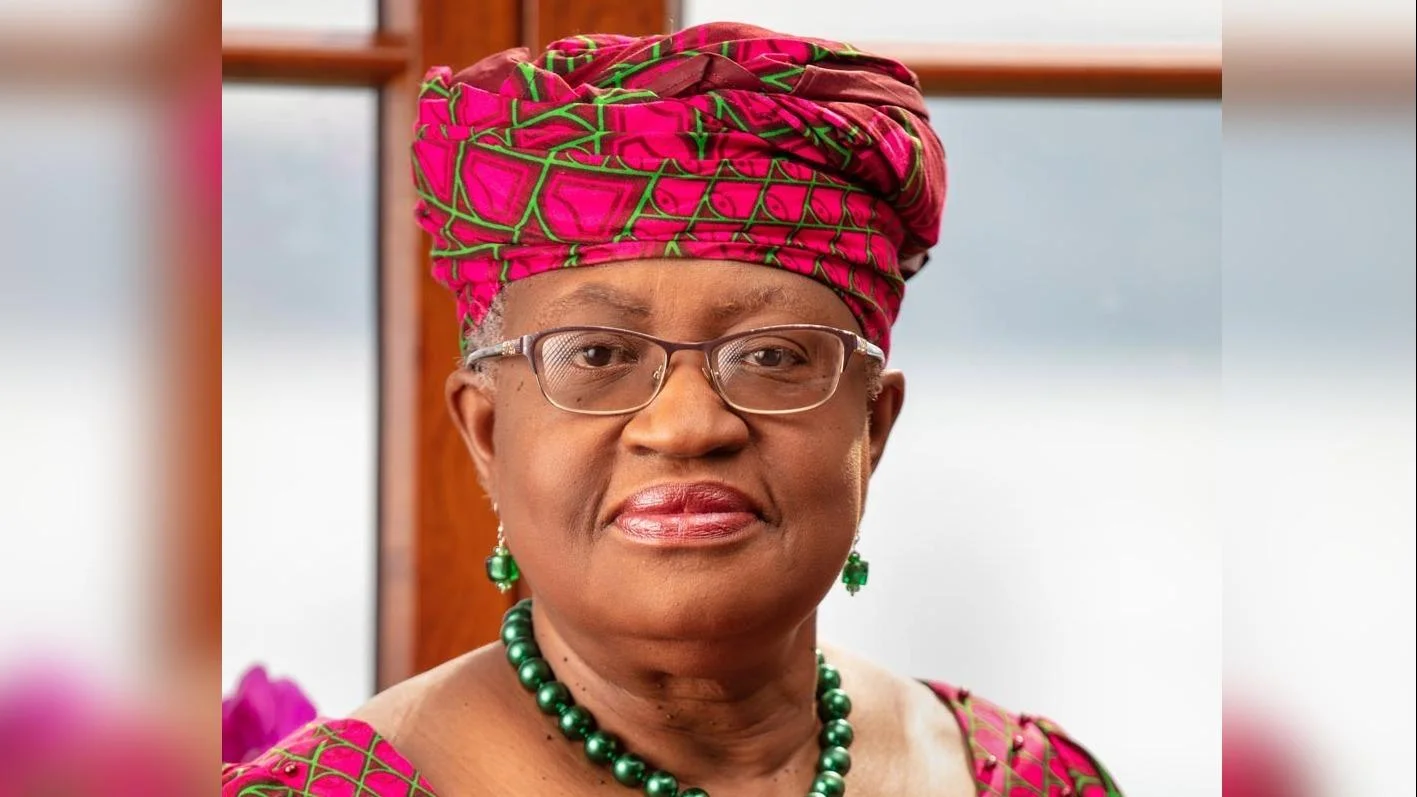Facilitating digital payment systems and remittance services was the focus of a recent session held by a World Trade Organization (WTO) committee. The event, which lasted one and a half days, brought together WTO members, international organizations such as the World Bank, the Bank for International Settlements, the International Organization for Standardization’s financial services arm (ISO TC68), the United Nations Capital Development Fund (UNCDF), and private sector experts to discuss developments in digital payments and cross-border payment technologies.
Participants addressed how these technological advancements are affecting trade in financial services. They also examined ways that trade in services could help facilitate cross-border remittances through digital payments.
The discussion emphasized the importance of competition and transparency within payments and remittance markets. Participants noted that building effective digital payment systems requires not only new technology but also robust regulatory frameworks to manage issues like cross-border data flows, interoperability between systems, and governance. According to participants, improving interoperability among payment systems can help reduce costs, speed up transactions, and promote financial inclusion. They pointed out that “the WTO rulebook plays a role in promoting standards, preventing unnecessary restrictions on cross-border data flows, and ensuring market access and national treatment.”
On the subject of cross-border remittances, participants discussed various transfer channels—including banks, post offices, and mobile platforms—and shared information about domestic, bilateral, and regional efforts to improve access while reducing costs.
Attendees welcomed the technical solutions presented during the session. Many highlighted development concerns by stressing “the urgent need to lower cross-border payment costs and enhance financial inclusion.”
Members proposed continuing discussions based on information shared at this session. The Chair of the meeting, Mr. Will Nixon of Australia said: “I encourage members to continue deliberating on the topic and to consider member-driven responses,” referencing guidelines set out in the General Agreement on Trade in Services.
The committee also discussed a proposal from Morocco and the African Group (document S/FIN/W/103/REV.1), which suggests that “the WTO could play [a role] in increasing predictability and policy transparency to reduce remittance costs.” This group plans to submit a draft Ministerial declaration at MC14 outlining specific actions for multilateral cooperation aimed at lowering remittance expenses.
While some members expressed support for this proposal, others called for further clarification so that any new measures would remain within WTO responsibilities without duplicating efforts underway in other international organizations.

